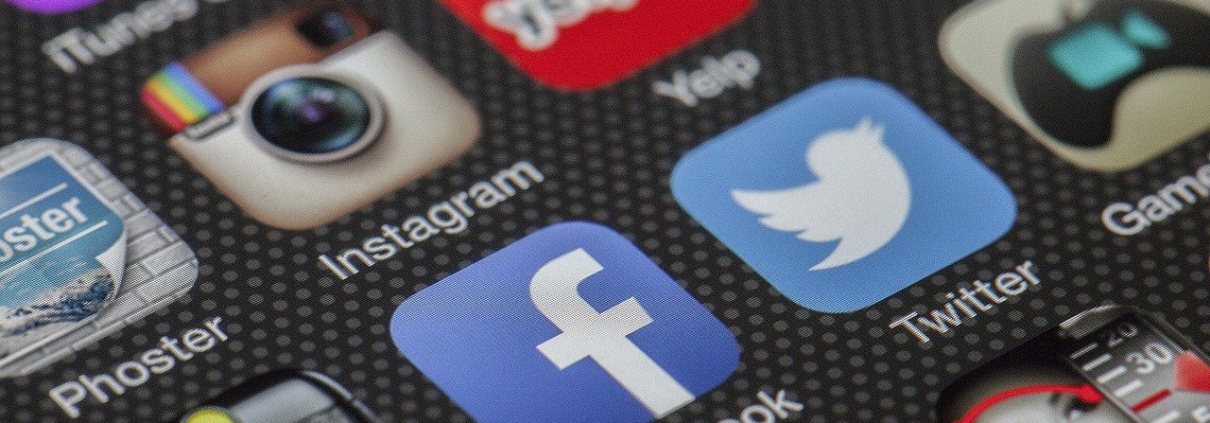If you sustained a traumatic brain injury (TBI) in some kind of preventable accident, your family may be entitled to compensation for the associated damages. As long as you can determine—and prove—liability for the incident in which you were hurt, you have a case.
That doesn’t necessarily mean, however, that you’re automatically entitled to a payout. In order to secure a satisfactory settlement or verdict, you’ll have to put together a strong personal injury claim—and then avoid making critical mistakes over the course of the proceedings.
Remaining active on social media is one of the most common mistakes that personal injury claimants make. If disabling your accounts temporarily is not an option, you can at least avoid jeopardizing your case inadvertently by taking the following steps:
1. Adjust Your Privacy Settings
Once you publish something on the world wide web, there’s no foolproof way to contain it. You can ensure an added layer of protection, however, by adjusting your privacy settings so only approved connections can view your posts. Make sure to update the privacy settings on every profile you maintain and not just those that you use daily.
2. Filter Any New Requests
As long as your brain injury case is pending, do not accept friend or follower requests from anyone whom you don’t know. The claims adjuster may not attempt to connect with you directly because you’ll likely recognize his or her name; however, someone from his or her office might try to connect in the hopes that you accept requests from strangers.
3. Avoid Posting Anything That Could Be Used Against You
At the end of the day, there’s no way to predict how the claims adjuster might misinterpret—or misrepresent—the images and videos you publish online. Even seemingly innocuous posts, like photographs of dinners out with friends, could hurt your case.
If the picture was taken at a fancy restaurant, for example, the opposing party might use it to challenge the claim that your financial security has been threatened as a result of your injury. And if you’re surrounded by smiling individuals, they might use the photo to demonstrate the fact that the TBI hasn’t actually hurt your quality of life.
Until your case has been resolved, it’s advisable to avoid posting on social media about:
- Your injuries;
- Your recovery;
- Your social life; or
- Your expenditures.
You should also avoid “checking in” to the places you visit. Finally, ask friends and loved ones to avoid tagging you in their own posts for optimal privacy.
Speak with a Long Island Brain Injury Attorney Today
At PascaleLaw, we understand the physical, emotional, and financial toll that a TBI can take on the whole family. If you’re living with a traumatic brain injury because someone failed to act with reasonable care, our tireless team will help you seek the compensation you need to make your life whole again. Call 516-280-4716 or fill out our Contact Form to schedule a free consultation with a brain injury lawyer in Long Island.




Leave a Reply
Want to join the discussion?Feel free to contribute!